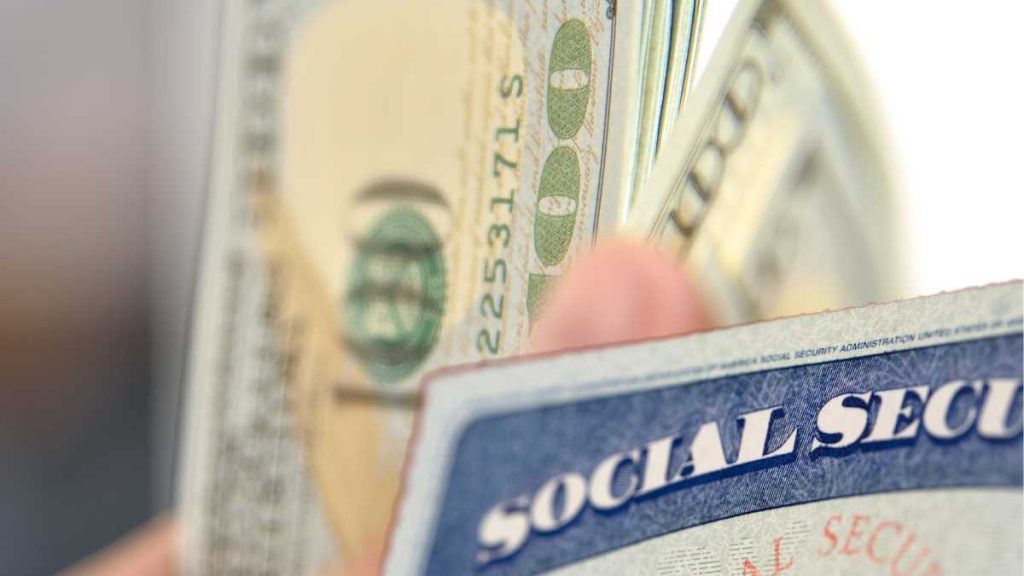The Supplemental Security Income, or SSI, is a government program, managed by the Social Security Administration (SSA), that helps people with low incomes and few resources. It is designed for people over 65 years of age, people with disabilities or considered legally blind, and helps cover basic things such as food, clothing, and shelter.
The good thing is that you don’t need to have worked before to qualify, because the program is funded by public funds, not taxes. This characteristic is where the difference of this program is compared to others, such as Social Security retirement payments, which are subject to contributions having been made in Social Security taxes.
Who can apply for SSI, and how much will the allotment be?
To be eligible, you must meet some requirements. First, you must be 65 or older, or a disabled or blind person who cannot work. There are also income and resource limits: $2,000 if you are single, and $3,000 if you are a couple and cohabit.
But don’t worry, things like your house or a necessary car don’t count. Additionally, you must be a U.S. citizen or have qualified immigration status and live in the United States or some of its territories.
How much can they give you in 2025?
In 2025, the maximum SSI payments will be:
- $967 per month if you are an individual.
- $1,450 per month if you are part of a married couple where both qualify.
- $484 a month for someone who lives with you and helps you without receiving formal payment.
These amounts may change if you have other income or if you receive help to cover basic expenses. Additionally, some states add an extra to the federal payment, so it doesn’t hurt to check that.
A curious fact about the March 2025 payment
Normally, SSI is paid on the first day of each month, but in March 2025 there will be a small adjustment. As March 1st falls on a Saturday, payment will be brought forward to February 28th. Be careful, it is not extra money, just a change of date so that you do not miss out on your benefit for the weekend.
These types of changes will occur again in other months in which the 1st of the month falls on a weekend, and those are: June, in which June 1st falls on a Sunday. In this case, the payment would be advanced to May 31 (Friday). Then, the November 1st payment falls on a Saturday. Here, the payment would be moved to October 31 (Friday).
